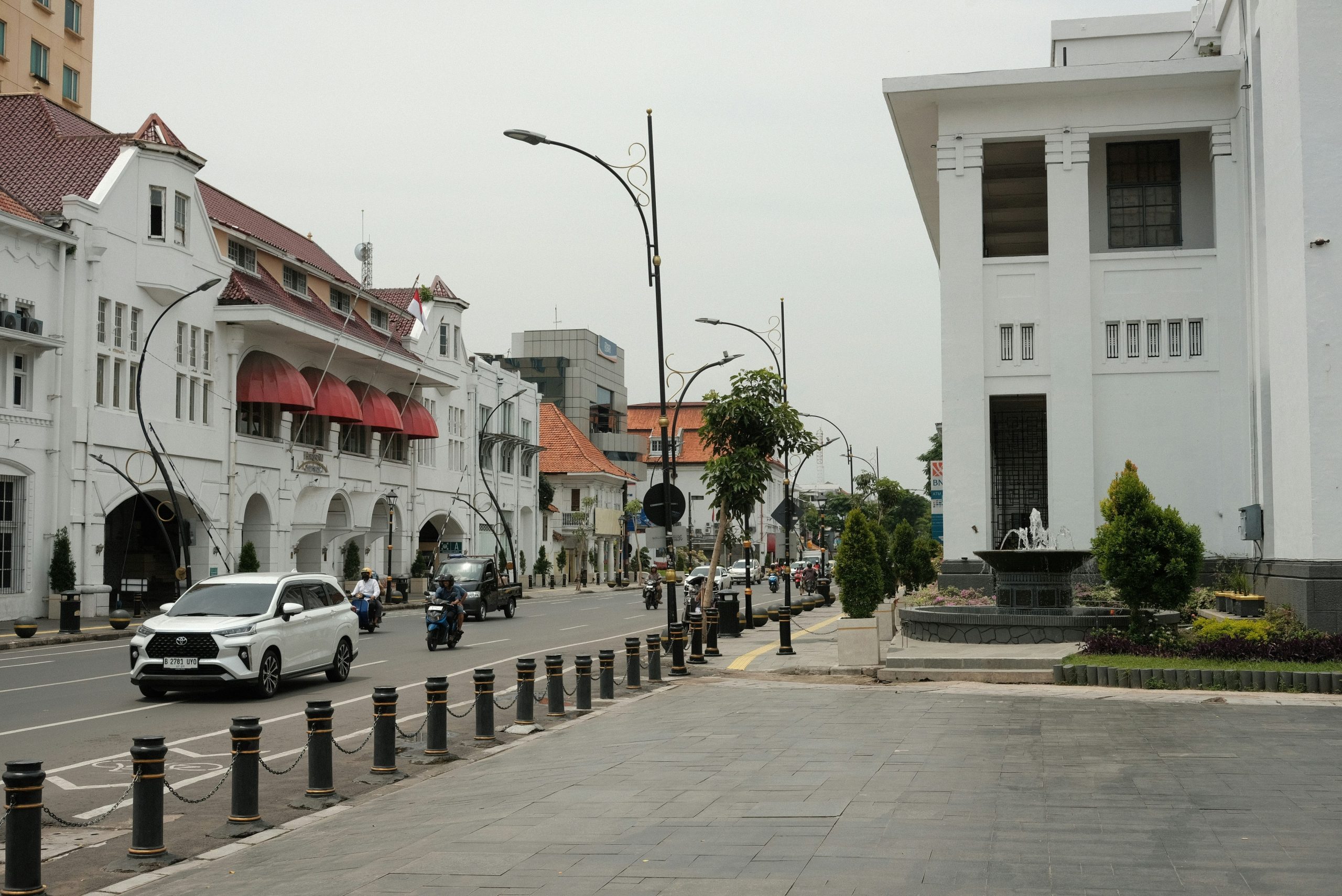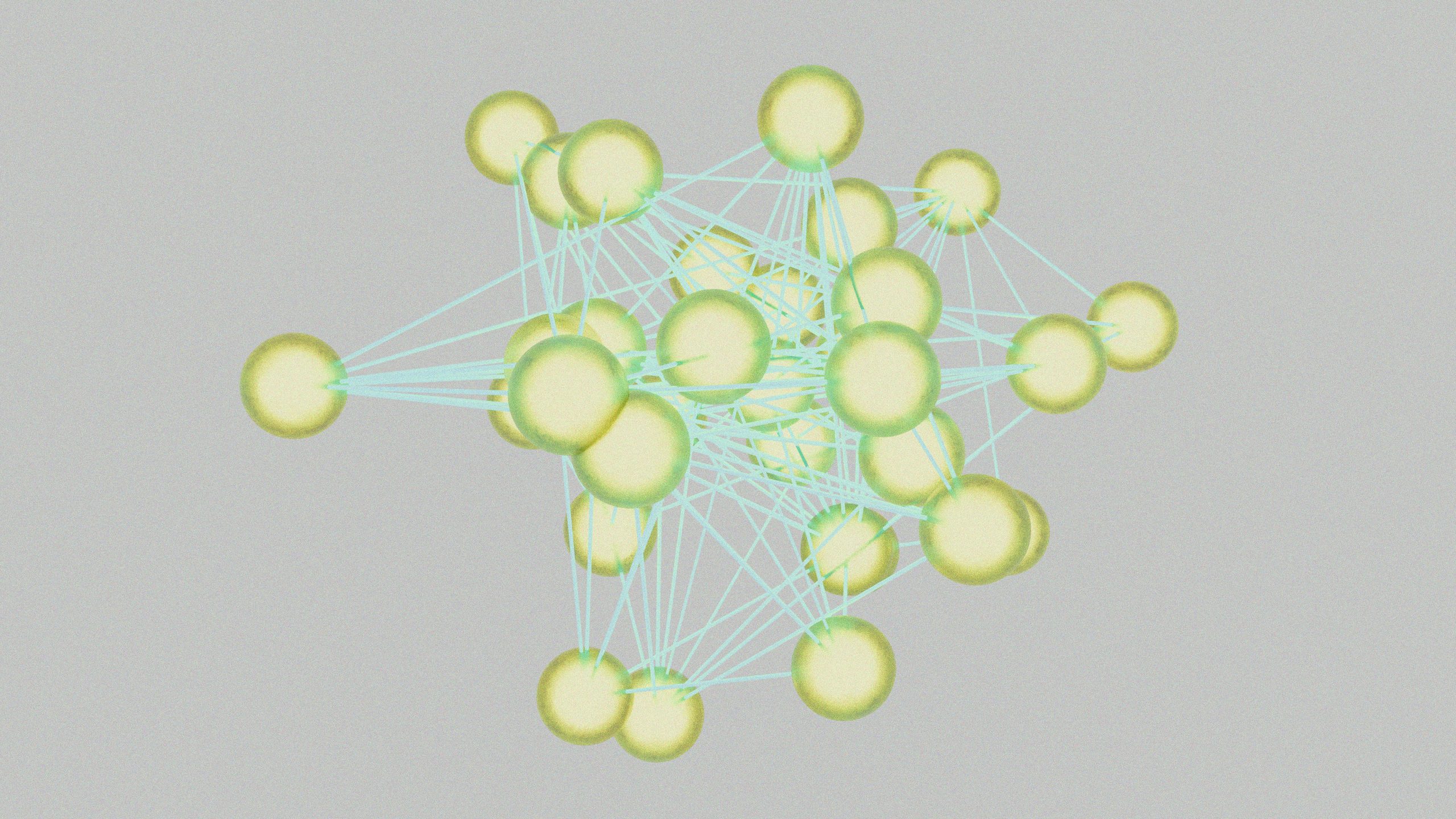Mpox Declared a Public Health Emergency as Cases Surge Across Africa
In a significant public health alert, the World Health Organization (WHO) has officially declared mpox, formerly known as monkeypox, a public health emergency of international concern. This announcement comes in response to a worrying outbreak that began in the Democratic Republic of Congo and has now rapidly spread to multiple neighboring countries. The Africa Centers for Disease Control and Prevention (Africa CDC) has also emphasized the alarming rise in mpox cases across the continent, identifying it as a health emergency that requires immediate attention.
Mpox is caused by a virus that belongs to the same family as smallpox, which was declared eradicated in 1980. The current epidemic is primarily concentrated in the Democratic Republic of Congo, where health officials are grappling with a surge in reported cases. Over the past few weeks, infections have been detected in a dozen other African nations, raising concerns about the potential for a wider outbreak.
Health experts warn that the new strain of mpox, which has shown an increased ability to spread, poses a significant threat to public health systems that are still reeling from the impacts of the COVID-19 pandemic. The WHO's designation of mpox as a public health emergency is a call to action for countries to enhance their surveillance, prevention, and response efforts.
The virus is transmitted through close physical contact, and the symptoms include fever, rashes, and swollen lymph nodes. The current strain has been observed to spread more easily, prompting health authorities to recommend increased vigilance, especially in areas with high transmission rates.
Public health officials are urging individuals to practice good hygiene and avoid close contact with those who show symptoms of the virus. Vaccination strategies are also being discussed, as health organizations look to bolster defenses against mpox, particularly in vulnerable communities.
As the situation evolves, there is an urgent need for international cooperation and resource sharing to combat the spread of mpox. Countries are being urged to share data, research, and best practices to ensure a swift and effective response to the outbreak. The WHO has called for increased funding and support for health systems in affected regions to enable them to better manage the rising cases.
The declaration comes on the heels of a previous emergency that was declared during the global outbreak of mpox from 2022 to 2023. This latest surge highlights the ongoing challenges posed by infectious diseases, particularly in regions with limited healthcare resources.
As communities brace for the implications of this emergency declaration, it is crucial for individuals to remain informed and proactive in protecting themselves and others. The situation remains fluid, and continuous monitoring will be essential to understand the full impact of the mpox outbreak across Africa.











